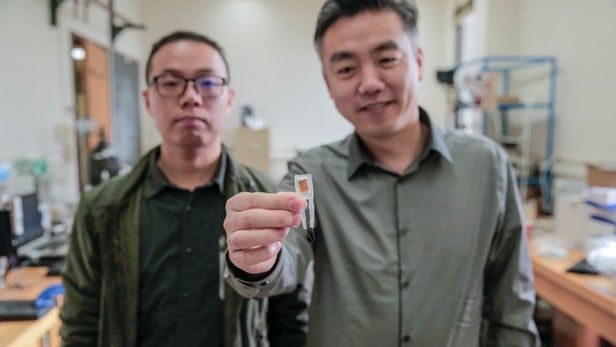Dec 19, 2018
High levels of carcinogenic chemical found in everyday consumer products
Posted by Xavier Rosseel in categories: health, sustainability
If you asked most people about cadmium they’d probably know very little about it. But it is listed among the World Health Organisation’s ten chemicals of major public health concern, alongside substances such as lead and asbestos. As such, it is concerning to see it in such high quantities in so many household products. The health risk depends on how easily the cadmium can flake off or leach out and additional tests performed indicate that this is greatest for enamelled glassware.
High levels of the carcinogenic chemical cadmium can still be found in everyday household products like second-hand plastic toys, drinking glasses, alcoholic beverage bottles, ceramics and artists’ paints, according to new research by the University of Plymouth.
Cadmium was commonly used to give products a bright red, orange or yellow pigment, but over time the decoration on glass can start to flake and the glaze on ceramics fail.
Continue reading “High levels of carcinogenic chemical found in everyday consumer products” »

















